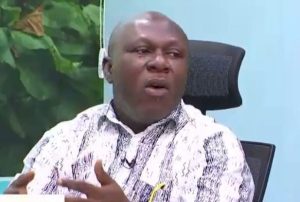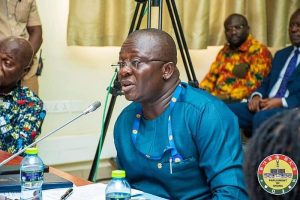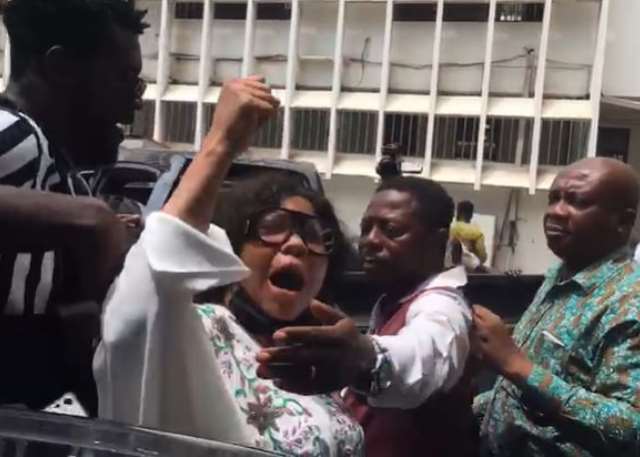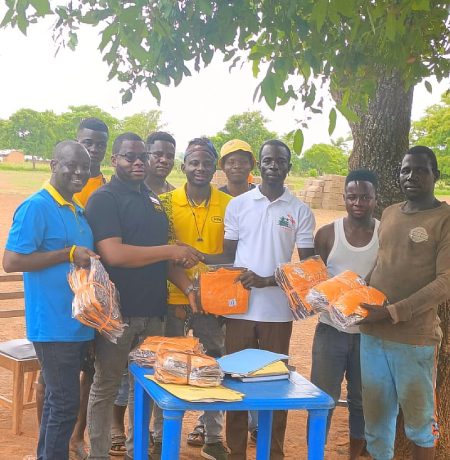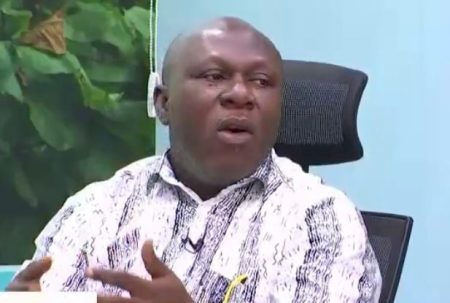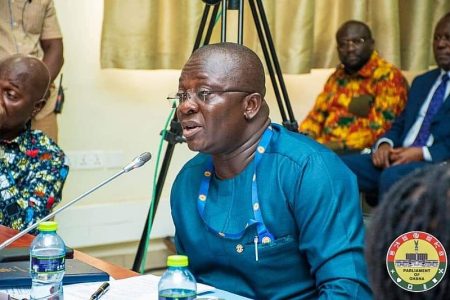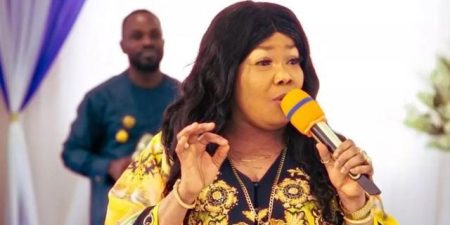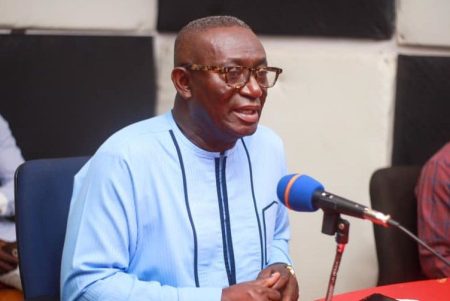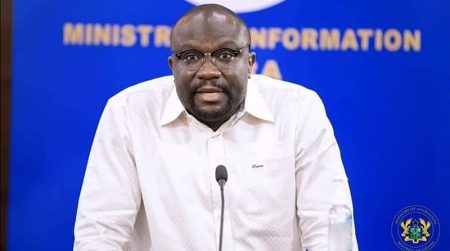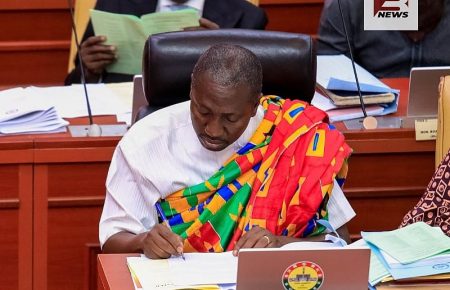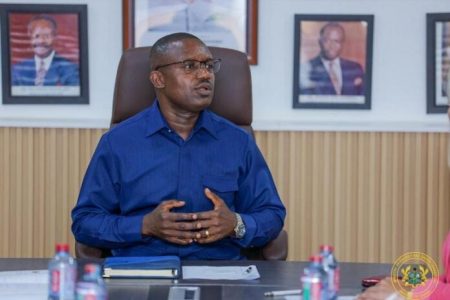Patricia Asiedua, popularly known as Nana Agradaa, a former traditional priestess who transitioned into evangelism, has found herself entangled in a legal battle following her conviction on charges of “defrauding by false pretense” and “charlatanic advertisement.” An Accra Circuit Court, presided over by Justice Evelyn Asamoah, handed down a 15-year prison sentence on July 3, igniting a firestorm of controversy and dividing public opinion. Agradaa’s legal team, however, has swiftly responded by filing a formal appeal, arguing that the court’s decision was unjust, based on a misinterpretation of evidence, and tainted by judicial bias. This appeal marks the beginning of a new chapter in this high-profile case, raising questions about the fairness of the trial and its potential implications for other public figures facing similar accusations.
At the heart of the appeal lies the contention that the trial court erred in its assessment of the evidence presented. Agradaa’s lawyers maintain that the prosecution failed to establish beyond a reasonable doubt that their client engaged in fraudulent activities or misleading advertising. They argue that the court’s interpretation of the facts was flawed and did not meet the required legal standards for a conviction on these charges. The appeal emphasizes that the weight of evidence did not support the guilty verdict and that the court’s conclusion was unreasonable, given the totality of the presented information. This fundamental disagreement over the evidentiary basis of the conviction forms a cornerstone of the appeal and sets the stage for a legal battle over the interpretation and application of the law.
Further fueling the appeal is the allegation of judicial bias. Agradaa’s legal team asserts that Justice Asamoah exhibited partiality during the trial, creating an environment that prevented their client from receiving a fair hearing. They claim the judge engaged in harassing and intimidating behavior towards the accused, which, they argue, compromised the impartiality of the proceedings. This accusation of judicial misconduct adds another layer of complexity to the case and raises serious concerns about the integrity of the trial process. The appeal seeks to address this alleged bias, arguing that it significantly impacted the outcome of the case and necessitates a review by a higher court.
The legal team, led by Richard Asare Baffour, has submitted the appeal to the High Court, seeking to overturn both the conviction and the 15-year sentence. They are confident that the High Court will recognize the flaws in the lower court’s judgment and grant their client the justice they believe she deserves. Beyond the appeal, they are also preparing a bail application for Agradaa, aiming to secure her release while the case is under review. This parallel effort to obtain bail reflects their commitment to mitigating the immediate consequences of the conviction while pursuing the longer-term goal of exoneration through the appeal process.
The case has captured national attention, with opinions sharply divided between those who support Agradaa and those who believe the court’s decision was justified. Agradaa, a controversial figure even before her legal troubles, has garnered both fervent followers and staunch critics throughout her career. Her transition from traditional priestess to evangelist has been met with skepticism by some, while others have embraced her spiritual journey. This existing polarization has intensified in the wake of the court’s decision, with both sides engaging in heated public debate about the merits of the case and the character of the accused.
As the legal proceedings continue, the appeal is poised to spark a broader debate about the fairness of trials involving public figures and the application of laws related to fraud and misleading advertising. The case raises important questions about the balance between freedom of speech and the need to protect the public from potentially harmful practices. The outcome of the appeal will likely have significant implications, not only for Agradaa’s future but also for the legal landscape surrounding similar cases. It will set a precedent for how such accusations are handled and could influence the way public figures operate within the bounds of the law. The appeal stands as a crucial test of the judicial system’s ability to uphold fairness and impartiality in high-profile cases that capture the public’s attention and ignite passionate debate.



